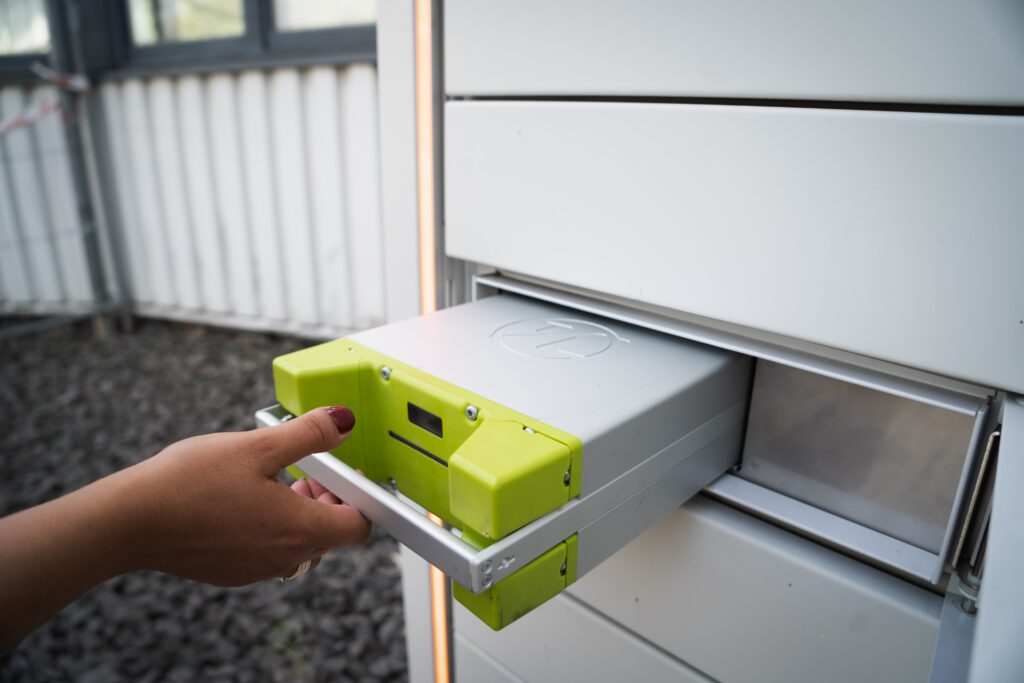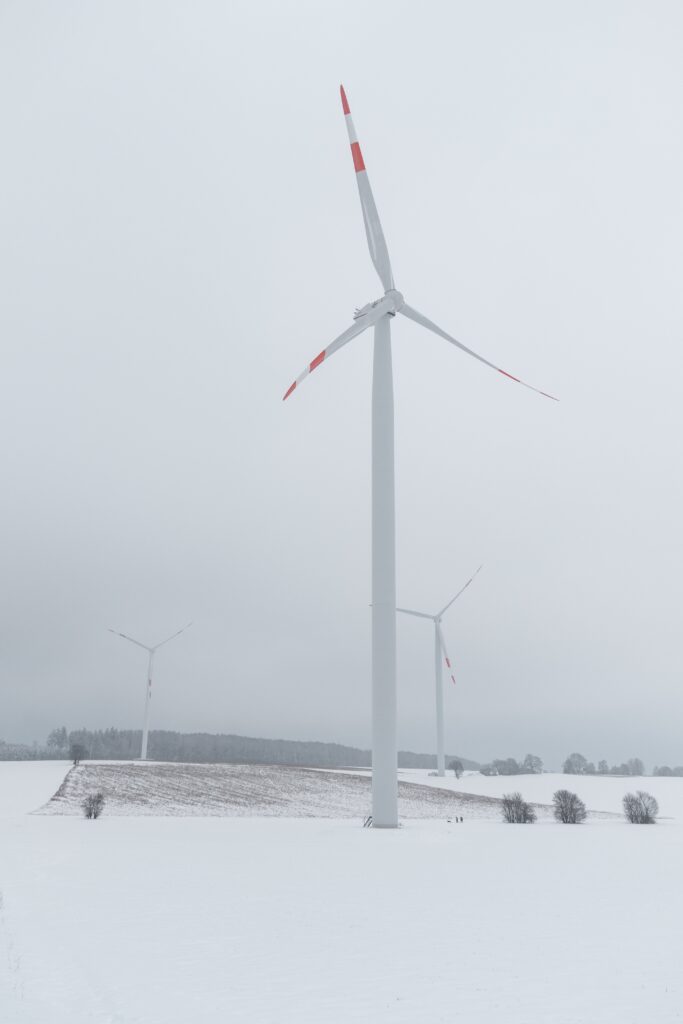Inverter generators are a popular choice for providing portable power in various situations. They offer numerous benefits, such as increased fuel efficiency, reduced noise levels, and the ability to produce clean and stable power. However, it’s essential to consider both the pros and cons before investing in one. In this article, we will focus on the cons of an inverter generator to help you make a well-informed decision. Whether you’re planning a camping trip or need backup power during an outage, understanding the downsides of an inverter generator is crucial for finding the best solution for your needs. So, let’s explore the potential drawbacks that you should be aware of.
High Purchase Cost
Initial Expense of Inverter Generators
When considering purchasing an inverter generator, one of the main cons to keep in mind is the high initial cost. Inverter generators tend to be more expensive than traditional generators, which can make them a less attractive option for those on a tight budget. The advanced technology and design of inverter generators contribute to their higher price tag.
Comparison of Costs with Traditional Generators
It’s important to weigh the cost difference between inverter generators and traditional generators when making a decision. Traditional generators are typically cheaper to purchase initially, but it’s important to consider the long-term costs as well. Inverter generators are known for their fuel efficiency, which can help offset the higher purchase cost by saving money on fuel in the long run.
Limited Power Output
Capacity of Typical Inverter Generators
While inverter generators offer numerous benefits, it’s worth noting that they have a limited power output compared to traditional generators. Inverter generators are typically designed to provide a lower wattage capacity, making them suitable for powering small to medium-sized devices and appliances. If you have high power demands or need to run large equipment, an inverter generator might not be the most suitable option for you.
Issues Encountered When Power Demands Exceed Capacity
One of the primary cons of using an inverter generator with limited power output is the potential for issues when power demands exceed the generator’s capacity. If you try to run appliances or equipment that require more power than your inverter generator can provide, it may lead to functional problems, decreased performance, and even damage to the generator. It is important to be mindful of your power needs and ensure that they align with the capabilities of an inverter generator.

Increasing Running Costs
Fuel Consumption
Another potential drawback of using an inverter generator is the ongoing cost of fuel consumption. Although inverter generators are known for their fuel efficiency compared to traditional generators, they still require fuel to operate. Depending on the frequency of use and the fuel consumption rate of the generator, the cost of fuel can add up over time. It’s important to factor in this additional expense when considering the overall cost of using an inverter generator.
Maintaining An Inverter Generator
In addition to fuel consumption, there are other maintenance costs associated with owning an inverter generator. Regular upkeep such as oil changes, air filter replacements, and general maintenance tasks are necessary to keep the generator running smoothly. These maintenance costs should be considered when evaluating the long-term expenses of owning an inverter generator.
Potential for Damage from Overloading
Implications of Overloading An Inverter Generator
Overloading an inverter generator can have significant implications and is a potential downside to be aware of. When you exceed the power capacity of an inverter generator, it can strain the internal components and lead to overheating, reduced efficiency, or even permanent damage. In some cases, overloading can also pose safety risks, including the potential for electrical hazards. It is crucial to understand the power limitations of your generator and ensure that you do not exceed them to avoid potential damage or safety issues.
How to Protect Your Inverter Generator From Overloading
To protect your inverter generator from overloading, it is essential to understand its power limitations and calculate the power requirements of the devices and appliances you plan to run. Be sure to carefully read the manufacturer’s guidelines and specifications for your specific generator model. Consider using a power management system or connecting devices gradually to avoid sudden power surges and overloading. Taking these precautions can help prolong the lifespan of your inverter generator and prevent potential damage.

Risk of Engine Damage
Lack of Oil Shutoff in Some Models
Some inverter generators may lack an automatic oil shut-off feature, which poses a risk of engine damage if the oil level drops too low. Without this safety mechanism, it’s important to regularly check the oil level and ensure it is properly maintained. Failure to monitor and maintain the oil levels can result in engine damage and potentially costly repairs or replacements.
Engine Wear due to Dry Runs
Another potential con of inverter generators is the risk of engine wear due to prolonged dry runs. When an inverter generator is operated without a load or without any devices connected, it can cause excessive strain on the engine. This strain can lead to accelerated wear and tear, reducing the generator’s overall lifespan. It is recommended to avoid running the generator without any load to prevent unnecessary engine damage.
Increased Noise Levels
Inverter Generators Noise Production
Inverter generators are generally quieter than traditional generators, but they still produce noise during operation. The noise levels of inverter generators can vary depending on the model and brand. While they typically emit lower decibel levels, it’s important to consider the noise output when using an inverter generator in residential areas, campsites, or other noise-sensitive environments.
The Need for Extra Sound Dampening
If noise levels are a concern, it may be necessary to invest in additional sound dampening measures for your inverter generator. This can include using soundproof enclosures or distance yourself or your surroundings from the generator during operation. Taking these steps can help alleviate noise concerns and ensure a more peaceful environment.

Limited Portability
Size and Weight Issues
Inverter generators are generally more compact and lightweight compared to traditional generators, but their size and weight can still be a factor to consider, especially for those who require high portability. While the compact design of inverter generators makes them easier to transport than their larger counterparts, they may still be bulky or heavy for certain individuals or situations.
Why Transportability Matters
Transportability is a vital consideration for many users, particularly those who plan to take their generator camping, to events, or on outdoor adventures. If you anticipate frequent transportation, it’s important to assess the size and weight of the inverter generator and determine if it aligns with your needs and capabilities. Opting for a generator with wheels, a carrying handle, or a lightweight design may be beneficial to enhance transportability.
Limited Capabilities for Industrial Use
Species Job Sites Where Standard Generators May Be Better
While inverter generators offer convenience and versatility, they may not be the best choice in certain industrial job sites or applications. Standard generators tend to have higher power outputs, making them more suitable for heavy-duty industrial use, construction sites, or situations requiring sustained high power levels. In these cases, the limited power capacity of inverter generators may hinder their effectiveness and make traditional generators a more appropriate choice.
Limitations in Construction and Industrial Applications
Inverter generators may also have limitations in terms of their durability and ability to withstand demanding conditions. In rugged construction or industrial environments, where generators may be exposed to extreme temperatures, dust, debris, or rough handling, a more robust and rugged traditional generator may be a better option. Inverter generators, while versatile for many applications, may be more susceptible to damage in such demanding conditions.
Limited Repair Options and Spare Parts
Availability of Spare Parts
Spare parts availability can be a potential concern when it comes to repairing inverter generators. Since inverter generators are a relatively newer technology compared to traditional generators, finding specific spare parts may be more challenging. It’s important to consider the availability of spare parts before purchasing an inverter generator, as this can impact the ease and cost of future repairs.
Difficulty and Costs of Repairs
In addition to spare parts availability, the complexity of inverter generator technology can make repairs more challenging and potentially more expensive. Inverter generators often have intricate electronic components and circuitry that require specialized knowledge and equipment to diagnose and repair. It is essential to factor in the potential difficulty and costs of repairs when assessing the overall value of an inverter generator.
Complex Technology
Understanding Inverter Generator Operation
Inverter generators utilize complex technology to provide stable and clean power output. The inverter technology enables them to produce high-quality AC power by converting the generated DC power into AC power with low harmonic distortion. While this advanced technology is beneficial for powering sensitive electronics and devices, it also means that the operation and maintenance of inverter generators can be more involved and intricate compared to traditional generators.
Potential for Technical Issues
With the complexity of inverter generator technology, there is a potential for technical issues to arise. Electronic components, such as inverters or voltage regulators, can be susceptible to malfunctions or failures, which may require specialized expertise to diagnose and fix. It is important to be aware of this potential drawback and consider the need for technical support or professional assistance when dealing with complex inverter generator technology.
In conclusion, while inverter generators offer numerous advantages, such as fuel efficiency, quiet operation, and clean power output, it’s important to be aware of their limitations and potential drawbacks. Factors such as high purchase cost, limited power output, increasing running costs, potential damage from overloading, risk of engine damage, increased noise levels, limited portability, limited capabilities for industrial use, limited repair options and spare parts, and complex technology should be carefully considered before deciding on whether an inverter generator is the right choice for your specific needs. By understanding these cons and weighing them against the benefits, you can make an informed decision and find the generator that best suits your requirements.




